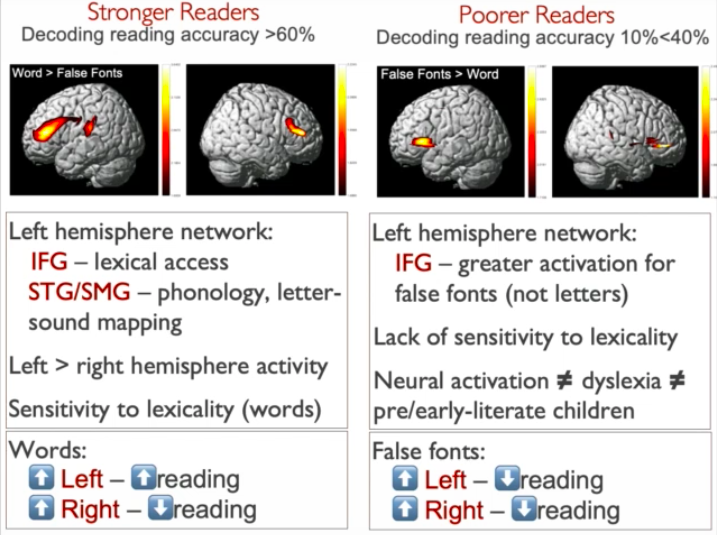
Guest post by Jeff Mosenkis of Innovations for Poverty Action
- Berk Ozler counts the numbers of men vs. women asking questions during a seminar speaker’s talk, and guess how the ratio came out (it’s worth also checking out the discussion below, including a code of conduct being considered at one department).
- In a follow-up to his informational intervention, he found a few days later the ratio changed for Seema Jayachandran’s talk there
- You can use the timer from AreMenTalkingTooMuch.com to measure floor time by gender in meetings for yourself.
- Watch Seema’s talk on gender preferences in India here. (And note the all-star list of previous talks. Tip: you want to take them to go, podcast-style, there are any number of YouTube -> mp3/mp4 converters that will let you download to listen to offline)
- Also, a really great conference video from Penn on Child Poverty and Brain Development in Global Context. A nice combination of economist, education folks, and child brain development researchers discussing what’s known about how poverty interacts with cognitive development.
- While we’re loading up your playlist, Alice Evans’ Four Questions podcast (Apple/iTunes link) with Harvard’s Gautam Rao was a lot of fun, they talked about how behavioral econ perspectives can help with development econ, the topic of his new Handbook of Behavioral Economics chapter (with Kremer and Schilbach). In addition to some interesting examples they go into
- How his growing up in India helps inform his research topics, but that also collaborations with researchers from other countries bring fresh eyes to things he always took for granted.
- The relative effect sizes of behavioral interventions compared to others, and why standard reporting can make it hard to compare across interventions.
- On the latter, I’d also encourage researchers to collect cost data (here are a primer and templates to use from J-PAL). That lets people who come later compare cost effectiveness of different programs on standard, understandable scales. When you take the extra step of reporting in terms that are more understandable, your research can have a much bigger impact (this from that Penn conference)
One of the highest-return investments in the world today, better than hedge funds or private equity: Investing in fighting child malnutrition. https://t.co/98O9pRxBEv
— Nicholas Kristof (@NickKristof) February 14, 2019
- Here are David Evans’ thoughts on why development economists don’t collect cost data more often.
- GiveWell is offering $250,000 grants for NGOs in eight South and Southeast Asia countries, who adhere to their guidelines for effectiveness, cost-effectiveness, and transparency.
- Predoc positions with Chetty, Friedman, and Hendren looking at equality and opportunity in the US (deadline Feb 28).
- Fellowships for Ph.D.-holding underrepresented minority researchers to visit at the University of Wisconsin Institute for Research on Poverty (U.S.-focused poverty I think, deadline March 1).
- And, if it’s your thing, feel free to browse yesterday’s hashtags #EconValentines and #AcademicValentine
